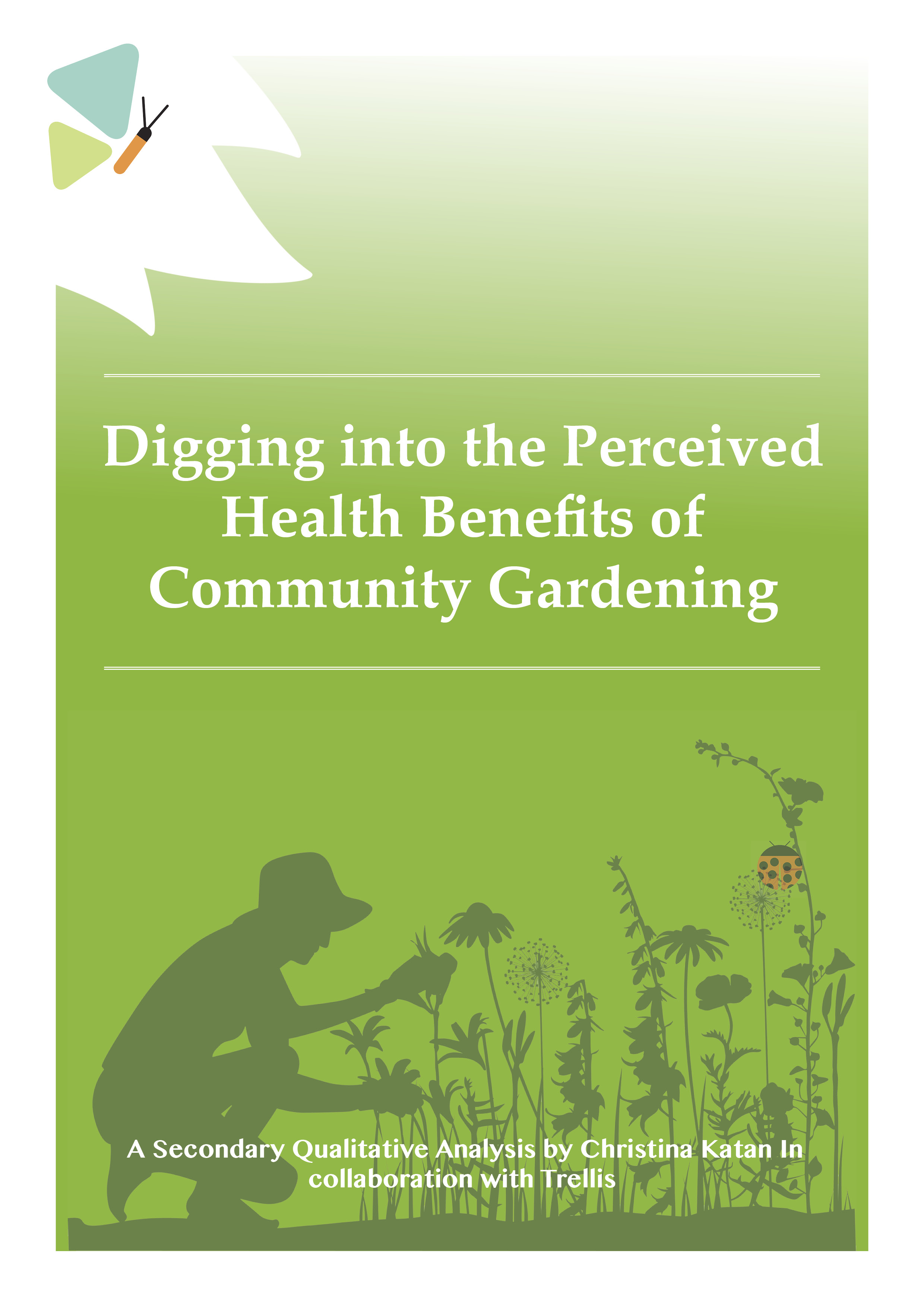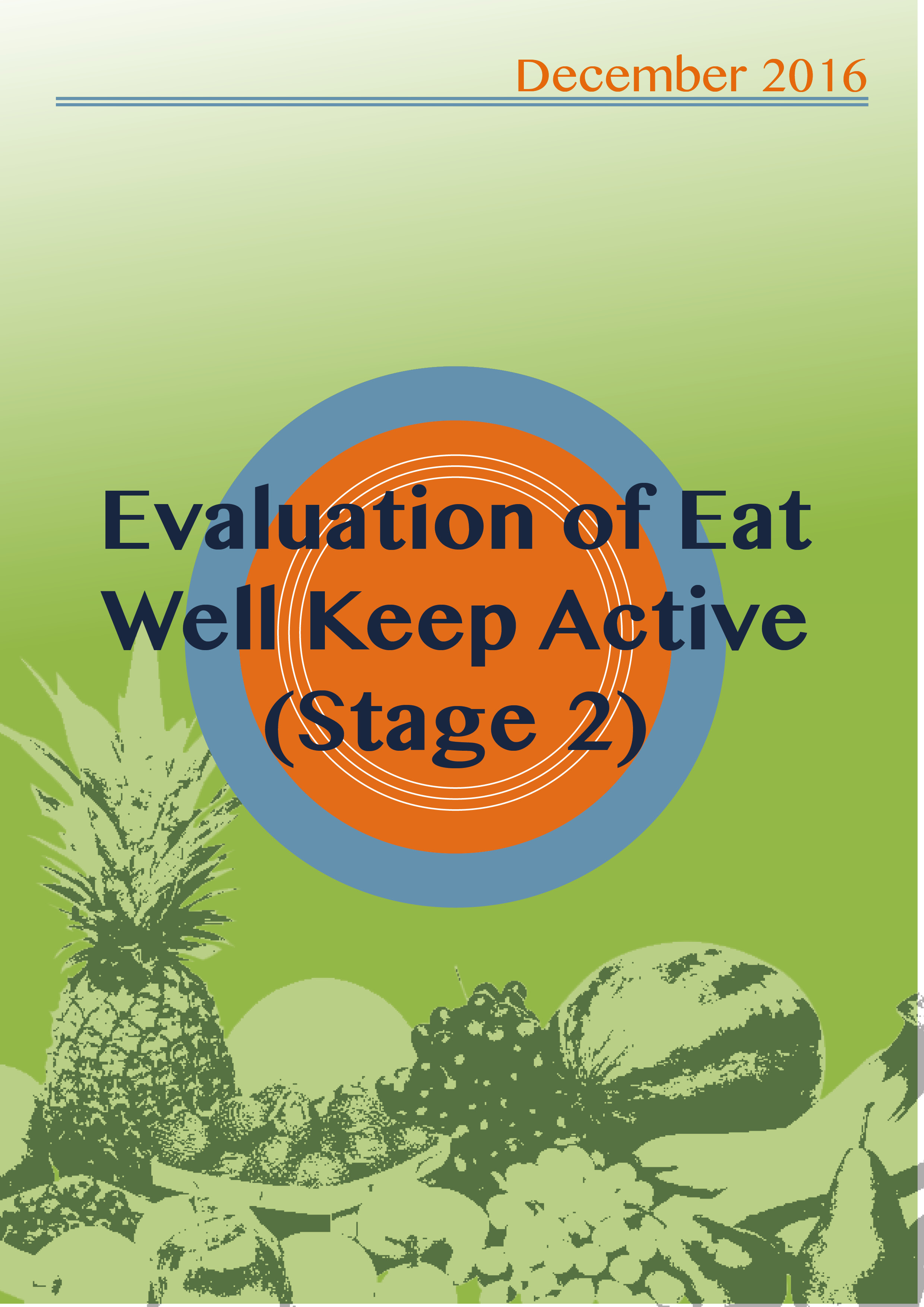Poor diet and lack of physical activity are major public health problems and are associated with adverse socio-economic position in Scotland. Women from socio-economically disadvantaged backgrounds are at increased risk of a range of associated health problems, including type 2 diabetes, cardiovascular disease and cancer. Despite this, many women from deprived areas are excluded from settings used for the delivery of targeted public health interventions, for example schools and workplaces. Consequently, there is a need to explore how to develop novel interventions with sufficient reach to meaningfully access and engage this group.



